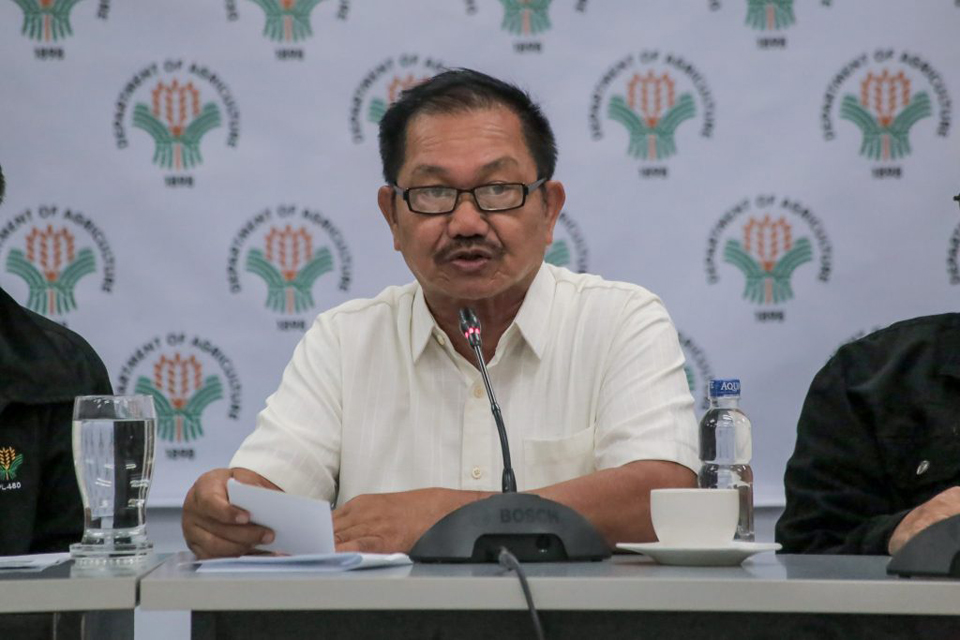
Agriculture Secretary Emmanuel F. Piñol announced today/August 24 the culling of all fowls in the avian flu-affected areas of San Luis in Pampanga and Jaen has been completed, while San Isidro in Nueva Ecija is set to be completed today.
Piñol said the operation ensures the full containment of the spread of the dreaded avian influenza to the rest of the country, saying he felt relieved that strict quarantine measures were put in place as soon as the Department confirmed it.
“Now that we know that the virus was confined to that area, I feel relieved,” Secretary Piñol said.
Dr. Arlene Vytiaco, Avian Influenza Focal Person of the Bureau of Animal Industry (BAI), said the Australian Animal Health Laboratory (AAHL) has confirmed through genetic sequencing tests that the avian flu strain that hit San Luis, Pampanga was of the highly-pathogenic H5N6 which has a history of transmission to humans.
Vytiaco, however, said that while the Avian Influenza Type A H5N6 virus could be transmissible to humans, there is very low of possibility of animal to human transmission.. She said that only 20 deaths from the H5N6 avian flu strain have been recorded since its discovery in China in 2015, showing that “the rate of transmission is very low.”
Vytiaco added that none of the workers in the affected poultry farms of Pampanga and Nueva Ecija succumbed to any illness. This includes the two farm workers in San Luis town, isolated by the Department of Health after showing signs of cough or colds, who tested negative to the virus. Further, she assured the public that the people involved in the culling operation was given complete personal protective equipment (PPE), flu prophylaxis and had daily check-ups to ensure they are in full health before and after the operations.
She added that the DA’s next step is now focused on cleaning and disinfection. This will be followed by a comprehensive investigation as to where the virus might have originated.
Piñol, meanwhile, said a total of 476,640 fowls were culled in San Luis, Pampanga, which included 331,150 layer chickens, 33,930 broilers, 32,850 ducks, 72, 190 quails, 158 pigeons, and 197 gamefowls.
A total of 114,850 quails were culled in the town of Jaen while a total of 70,100 layer chickens were culled in San Isidro town, both in Nueva Ecija, the DA Secretary said.
With the completion of the culling of all fowls in the affected towns, Piñol said he is now considering an amendment of an earlier memorandum circular that prohibited the shipment of balut eggs from outside the seven-kilometer quarantine radius to other parts of the Philippines.
The DA will ensure that all the duck farms where the balut eggs come from will would be subjected to strict inspection by licensed or government veterinarians, Piñol said.
He said President Rodrigo Duterte will lead on Monday the distribution of compensation for the farm owners and workers, including a P5,000 assistance to workers who lost their jobs in the affected farms, and will lead a “boodle fight” where fried duck and balut eggs would be served “to show that it is safe to eat balut and itik (ducks).” ### (OSEC-DA)
Reference:
Agriculture Secretary Emmanuel F. Piñol














